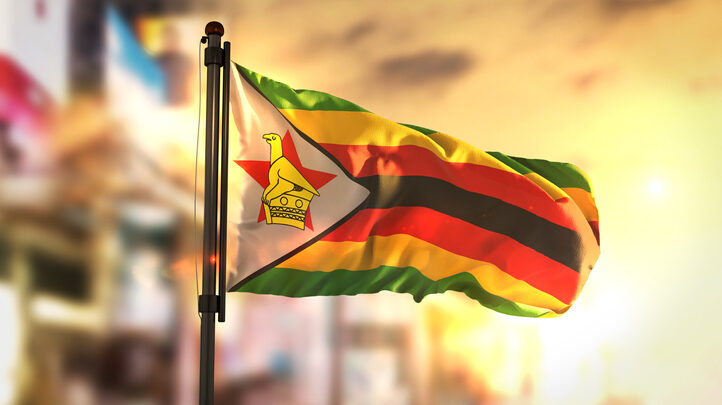World
Zimbabwe Opposition Party To Hold March Against Government

Zimbabwe’s main opposition party is going to hold demonstrations next week over the worsening economic conditions in the country.
In an application filed with the police, Movement for Democratic Change (MDC) National Organising Secretary Amos Chibaya said the demonstration will be held in the capital, Harare, on Friday, August 16, next week, reported Reuters.
The party listed 12 reasons, including corruption, unemployment and power and fuel shortages and a deteriorating economy, leading to the protest action.
“The national challenges are a result of a governance and legitimacy crisis arising primarily out of the disputed election of July 2018,” national organizing secretary Chibaya said in the notice.
He said the protesters would present a petition to parliament after the march next week.
MDC deputy spokesman, Luke Tamborinyoka, said the police have been notified about the demonstrations planned next week, adding that “we hope the police will allow us to exercise our constitutional right”.
In related news, the United Nations food agency on Tuesday launched a $331-million appeal for aid donations to feed millions of people in crisis-hit Zimbabwe, which is reeling from a drought and the high cost of food.
According to the World Food Programme (WFP), around five million people, or a third of the 16 million Zimbabweans, are in need of aid and at least half of them are on the cusp of starvation.
David Beasley, executive director of the U.N. World Food Programme, said around 2.3 million people in rural Zimbabwe are in urgent need of food aid. He warned that the figure would increase to 5.5 million during the lean season up to March next year.
It is estimated that 2.2 million people in urban areas are also in need of food aid, which brings the total to 7.7 million, more than half of the southern African nation’s population.
The El Nino-induced drought has decreased the maize harvest by half and water levels at the biggest hydro plant Kariba that has reduced power generation and led to heavy power cuts.






